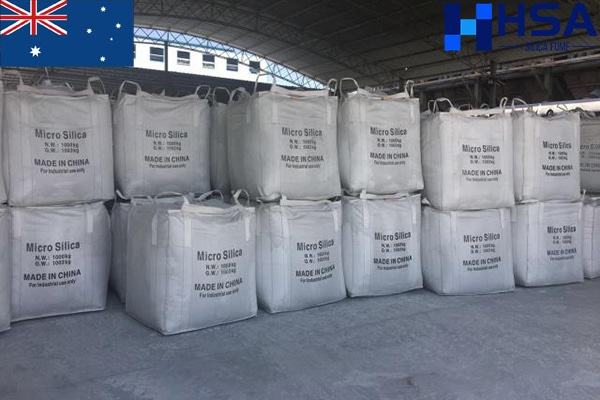In many engineering projects nowadays, the use of high-strength concrete is widespread. In order to ensure that high-strength concrete can be filled into every point during the pouring process, it is required that the new mixed mortar has a certain rheological property. We know that microsilica is an indispensable main mineral admixture for high-strength concrete. In addition to increasing the strength of concrete, its large specific surface area also affects the rheology of new mixed mortar. Today, I have compiled for you the impact of microsilica dosage on the rheology of new mixed mortar and the reasons for these effects, hoping to provide reference for you.
Effect of microsilica on volume replacement of cement
Generally, the rheological properties of new mixed mortar require the use of two parameters, plastic viscosity and yield stress. Many people may think that because microsilica has a large fineness and specific surface area, it may increase plastic viscosity and yield stress. However, experiments have shown that under the condition of saturated dosage of water reducer, the relative plastic viscosity and relative yield stress of mortar did not increase but decreased when microsilica replaced cement in volume. Moreover, within a certain range, both rheological parameters gradually decreased with the increase of microsilica replacement rate. The specific phenomenon is as follows:
- When the cement was replaced by an equal volume of microsilica, the solid volume of the cementitious material in the mortar did not increase.
- When the water reducer was saturated, the dispersion state of the cementitious material was similar.
As microsilica contains a large amount of SiO2 crystals, its particles are regular and the surface is smooth, which has a good lubricating effect. Therefore, when microsilica replaced cement in volume, the plastic viscosity and yield stress of mortar decreased with the increase of its replacement rate, which became inevitable. Moreover, experiments have shown that the plastic viscosity of mortar replaced by an equal mass of microsilica also decreased and further decreased with the increase of replacement rate, while the yield stress increased significantly and increased with the increase of replacement rate.
Effect of microsilica on mass replacement of cement
Through comparative experiments, it was found that compared with the results of microsilica replacing cement in volume, the yield stress of mortar increased significantly while the plastic viscosity was basically the same when microsilica replaced cement in mass. The reasons for this may be as follows:
- When cement was replaced by an equal mass of microsilica, the solid volume of the cementitious material in the mortar increased due to the smaller density of microsilica than cement.
- When the water reducer was saturated, the dispersion degree of the cementitious material was high, while when microsilica replaced cement in mass, the water reducer did not reach the saturated dosage, and the dispersion degree of the cementitious material should be lower.
- Microsilica has a large specific surface area and requires a large amount of water, even to wet a small amount of microsilica surface requires a considerable amount of water. When microsilica replaced cement in mass, the solid volume of microsilica increased significantly compared with the solid volume of equal mass cement, resulting in a significant reduction in the total free water in the mortar.
Through experiments of volume and mass replacement of cement by microsilica, the influence of microsilica dosage on the rheology of new mixed mortar is slightly different. Therefore, the specific microsilica dosage can be determined according to the requirements of on-site use to meet the requirements of concrete pouring. The microsilica products produced by Henan Superior Abrasives have been widely used in various engineering projects, including the preparation and use of high-strength and ultra-high-strength concrete. If you need microsilica, you can leave a message on our website or call our customer service for detailed consultation.





